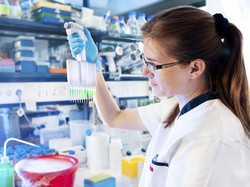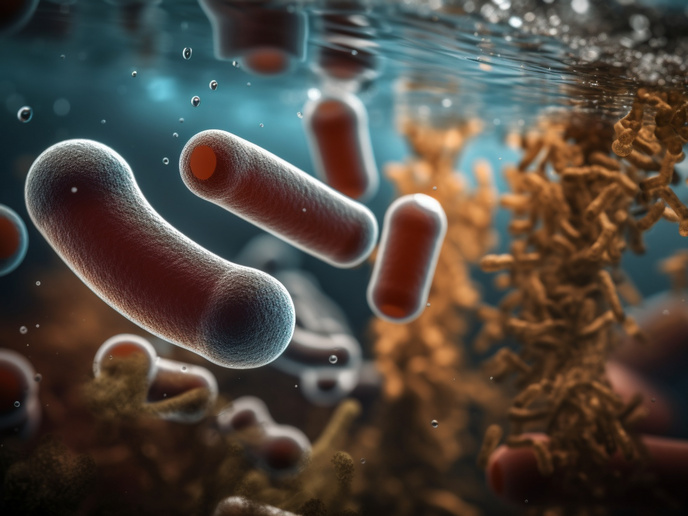Support for symbiosis researchers
Animals are intimately associated with various communities of microbes that are essential for animal development, nutrition and health. Studying these relationships at a molecular and genetic level will help scientists better understand the organisms and the nature of symbiosis. Modern technologies have opened up new research avenues into these symbiotic relationships, and the SYMBIOMICS (Symbiomics: Molecular ecology and evolution of bacterial symbionts) initiative helped to shape the field's future experts. An experienced researcher and 14 early-stage researchers (ESRs) received training from leading research groups and from the private sector. The training focused on the use of cutting-edge methods in molecular biology and image analysis to study the ecology and evolution of microscopic animal symbionts. Researchers also participated in exchanges, workshops, networking activities and mentoring sessions. Research focused on the functions and metabolic networks of the symbiosis between bacteria and their insect or marine invertebrate hosts. Other ESRs studied amoebal and sponge symbionts from shallow-water environments and mussel and tubeworm symbionts from deep-sea hydrothermal vents. The disciplines covered by the SYMBIOMICS project include environmental, applied and medical microbiology. Through this training, the researchers are now well-equipped for fruitful careers in both academia and industry.







